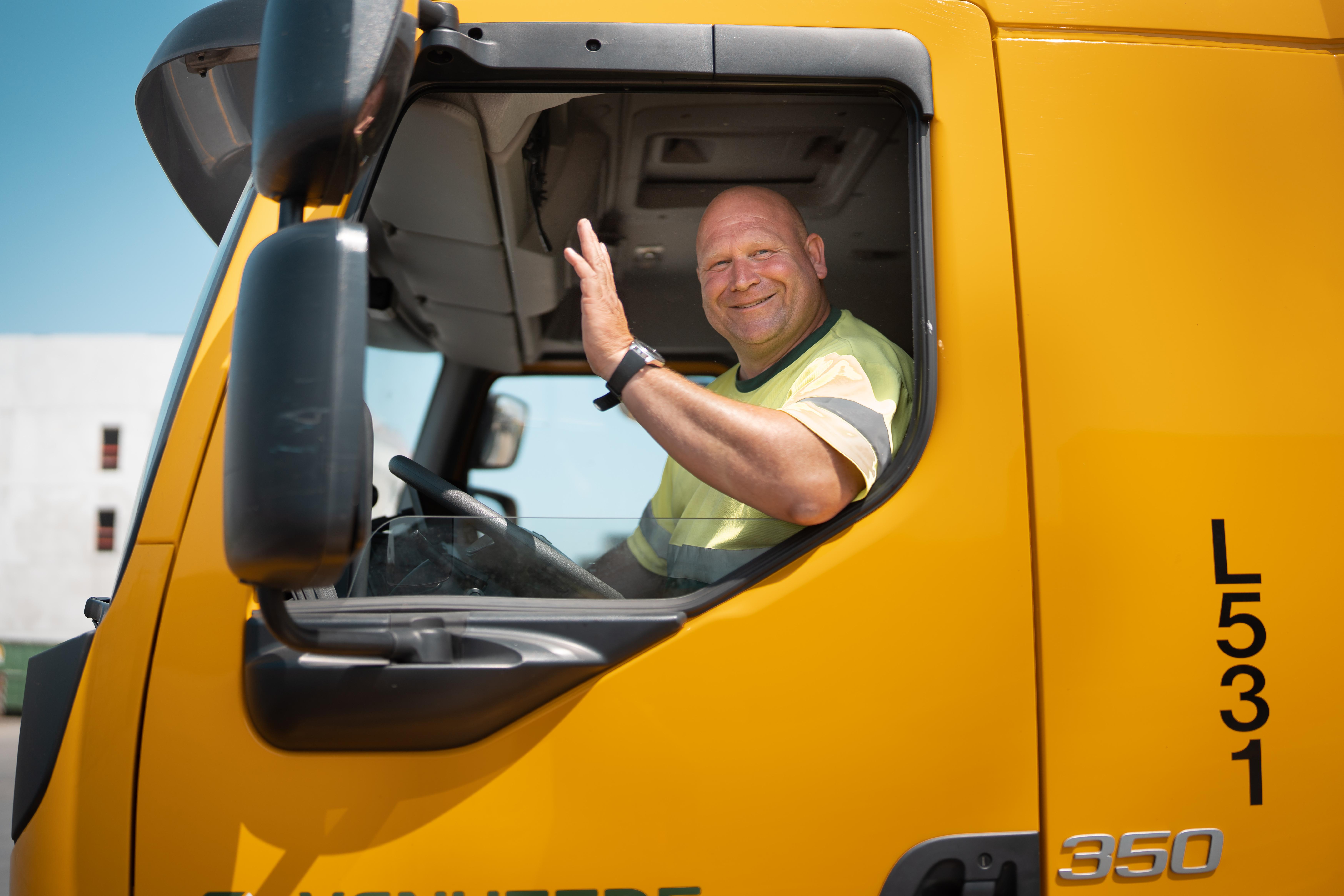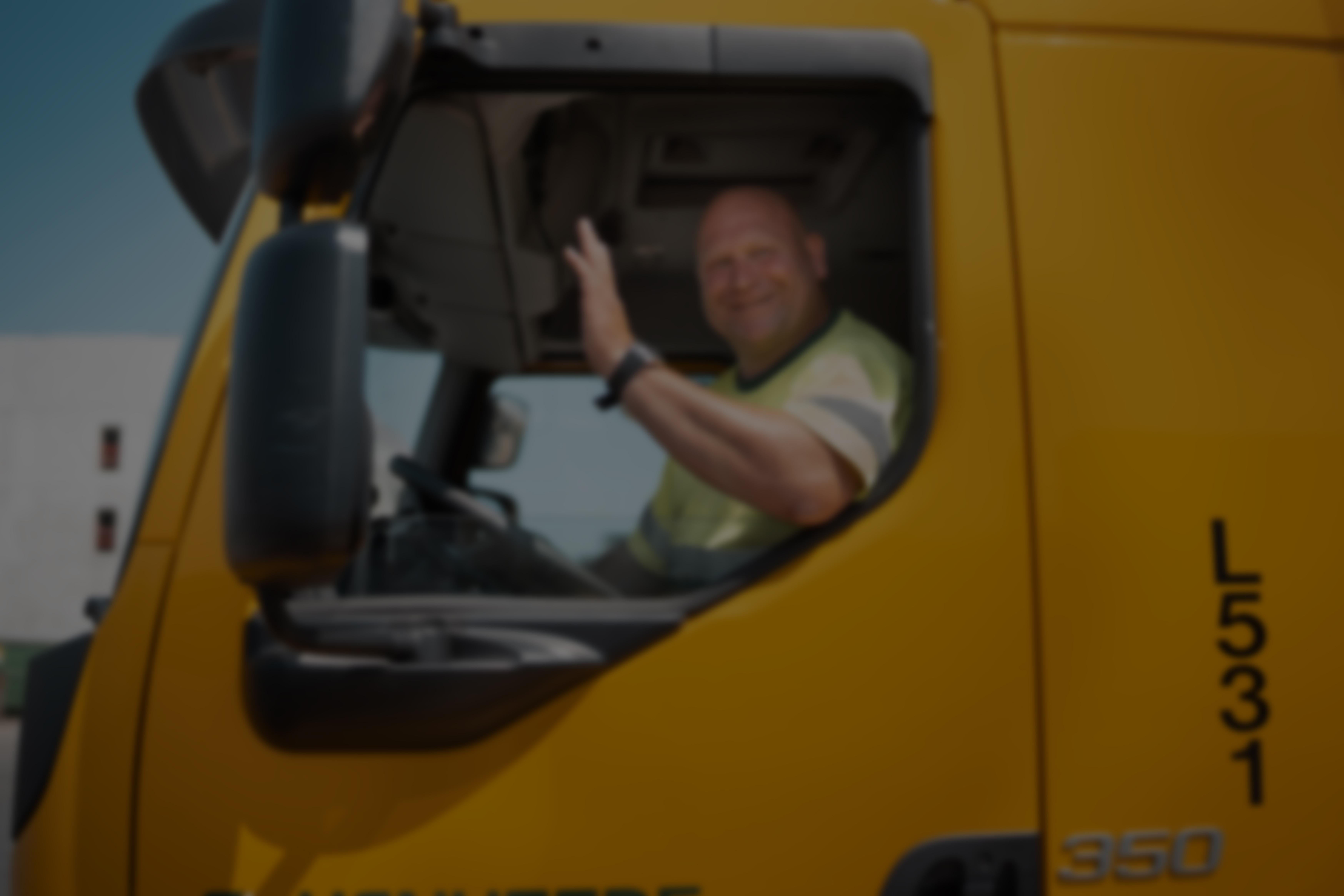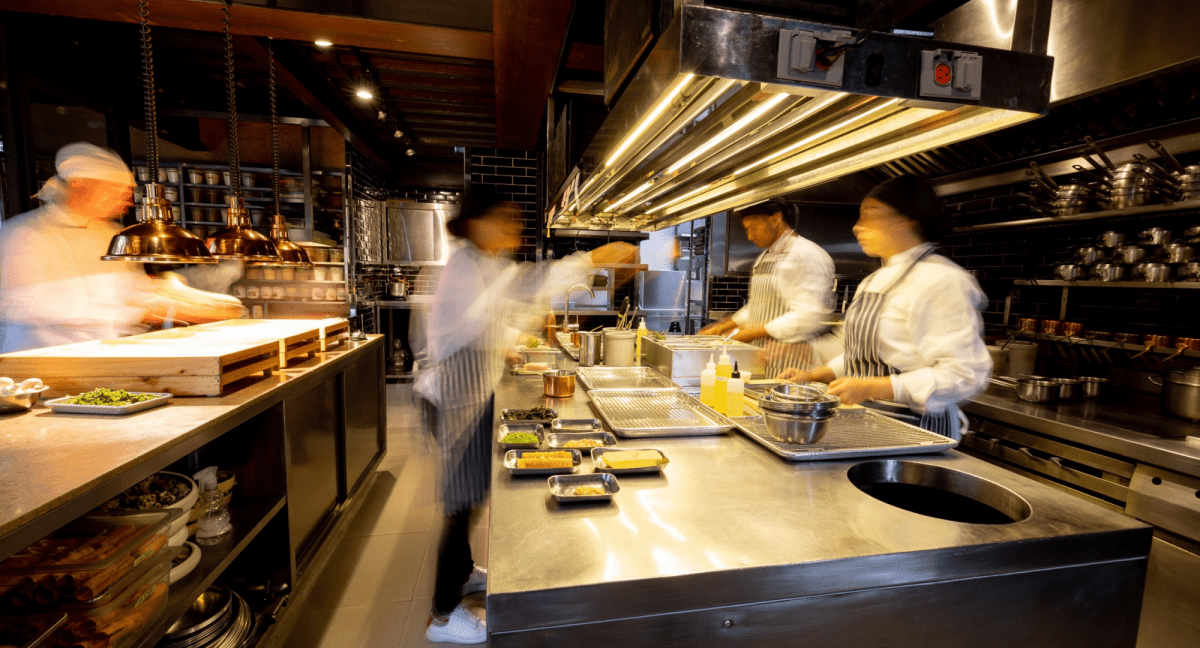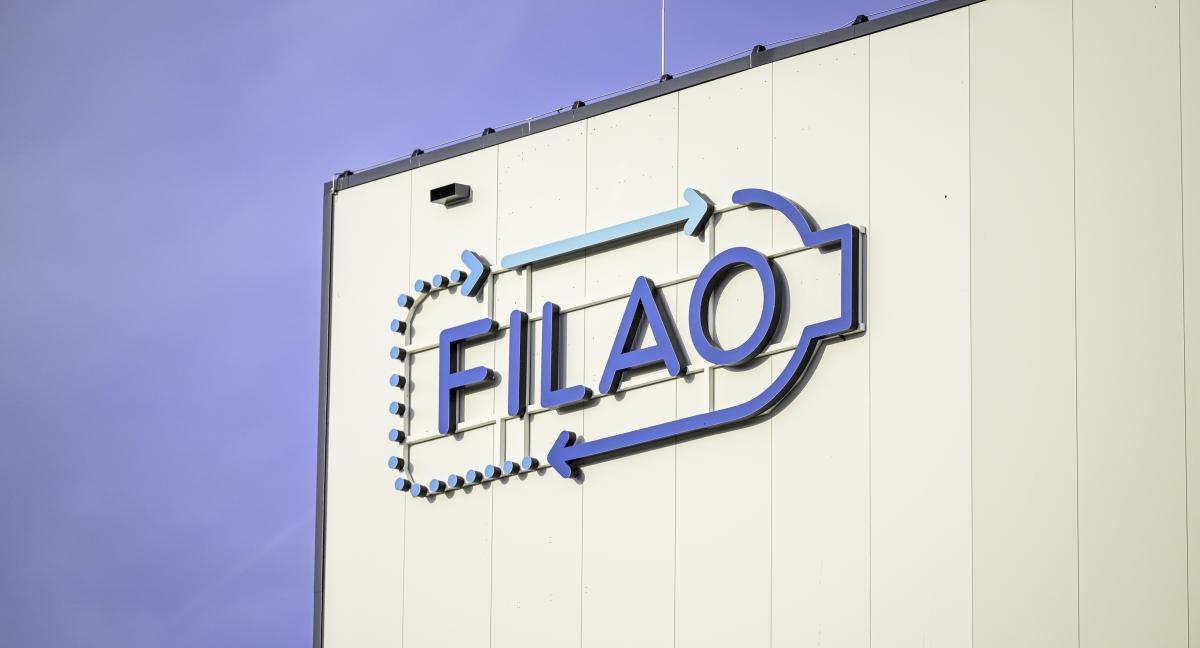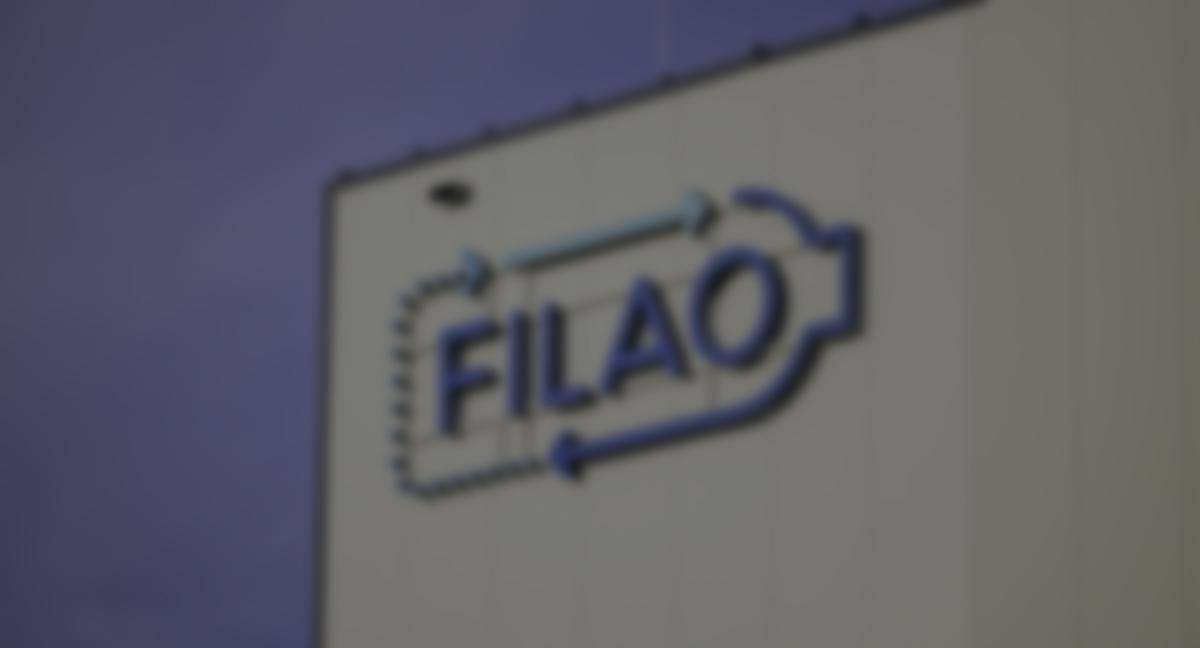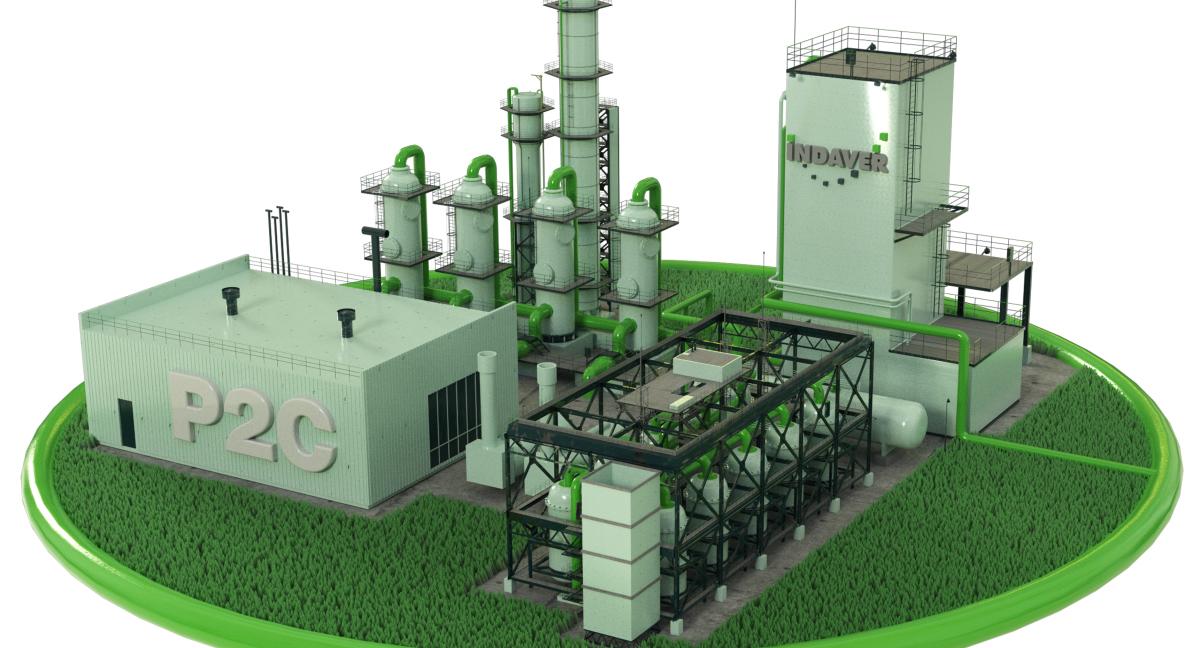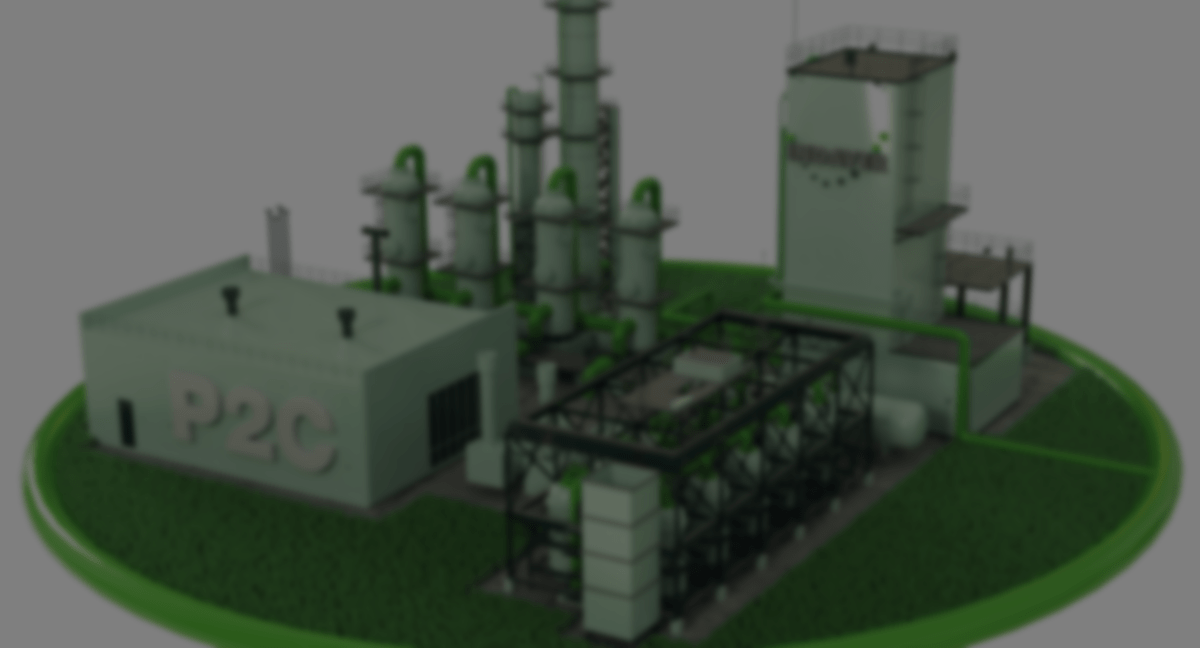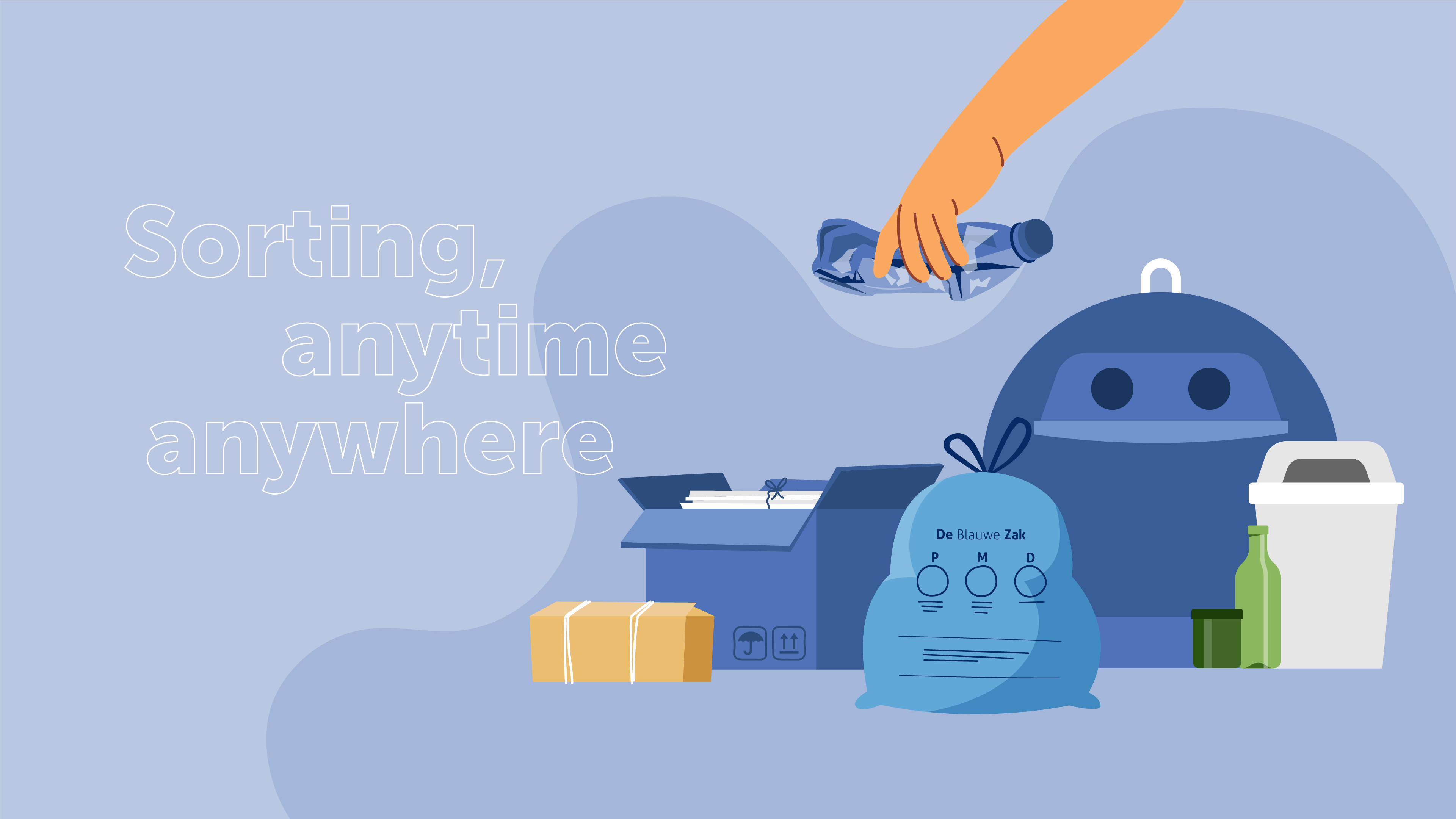
Selective collection as a cornerstone of the circular economy
The circular economy involves us all. That is because it starts when we sort our packaging. At home, in the kitchen, or also at work, at school or on the road. That is why our approach is focused on individual citizens more than ever. We want to make life - and sorting waste - as easy as possible for everyone.
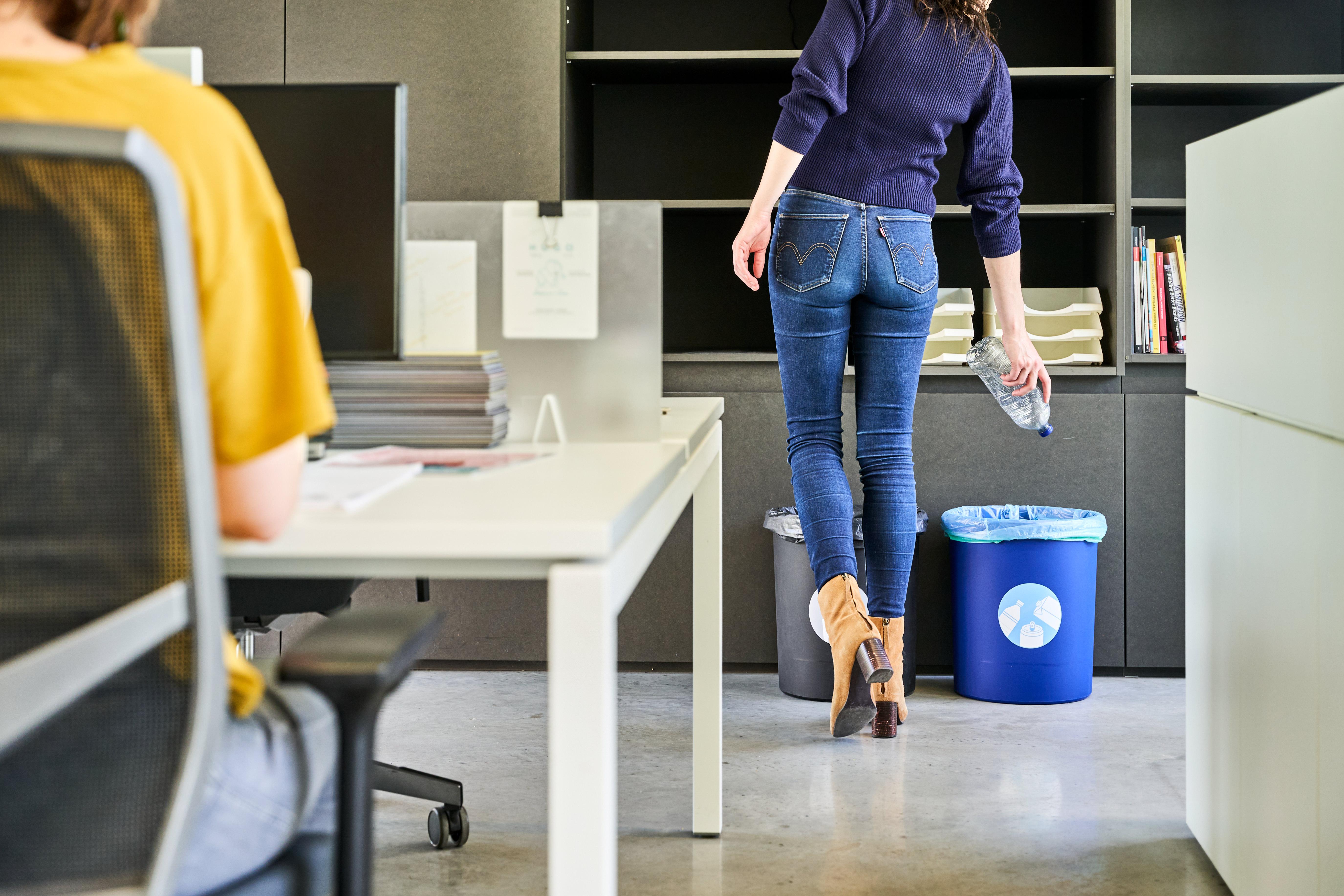
The blue bag turns thirty
Why we are focusing on individual citizens more than ever
The first PMD bags appeared on the streets of Belgium in 1994. Thirty years later, the blue bag is more important than ever. In fact, the sorting we do every day is the foundation of a successful circular economy. Thanks to door-to-door collections it is easy for everyone to play their part in the system and contribute towards a better environment.
The blue bag has continued to evolve over the years, with the greatest achievement so far being the extension of the sorting rules to include all plastic packaging. In 2023 we collected 24 kilograms of PMD for every person in Belgium, which is higher than our original targets. This expansion has also made the process easier for consumers, because there is less uncertainty as to whether an item of packaging goes into the PMD bag or not.
Meanwhile, the situation continues to evolve. As consumer preferences change, we are continuing to expand the content allowed in the bag. For example, since 1 January 2023, capsules of coffee and other drinks - which are not strictly packaging - are now allowed with PMD. The expansion proved to be a hit: in the first year, we were already collecting around 4 out of every 10 capsules sold. Thanks to the adaptations made in sorting centres, we can now also capture other types of small aluminium packaging more easily.
In the coming years, we will continue to pursue further expansion, working closely alongside the companies and sectors involved. We are also working hard behind the scenes to further optimise the chain. From 2025 onwards, all residual streams from PMD sorting centres will be sorted in a new, state-of-the-art facility run by our partner Vanheede in Rumbeke. We will also streamline the packaging flows collected through recycling centres, including Household Hazardous Waste, cork and expanded polystyrene, to maximise recycling of these materials. Finally, in our communication with the public we will focus our attention on the dangers of batteries and gas bottles, which we are increasingly finding in blue bags.
Out-of-home sorting
Sector-specific approach produces results
Sorting PMD is mandatory everywhere: in the office, hospitality sector, schools and hospitals and at events and festivals. That makes sense, since we spend a lot of our time in those places. We generate a lot of packaging there, so we want to make sure it still gets collected for recycling. Sorting waste might seem quite simple at first glance, but it poses a lot of practical, financial and organisational challenges for companies and organisations.
Just as for individual households, our aim is always to make life as simple as possible. We support companies and organisations in sorting their waste in the best possible way and integrating selective collections into their daily operations. Where to place your bins for greatest efficiency? How to get customers, visitors and employees involved in waste sorting? How to find the right partner for waste management? These are just a few of the questions we can help with. This approach is paying off. We have now hit our targets for the fifth year in a row, with more than 26,000 tonnes of PMD collected from businesses.
We are also increasingly developing sector-specific scenarios and sorting rules, alongside the relevant sector federations, waste companies and the Interregional Packaging Commission. We did this in 2023 for the medical and hospitality sectors, among others. These sectors generate a lot of packaging that is very similar to the packaging we use in a home environment, and that can result in some uncertainty. Examples of this are medical equipment packaging or catering packaging used by large-scale caterers. In 2024 we will also continue to invest in customisation, including a turnkey approach for the events sector, where mandatory reuse is posing new challenges.

Investing in local capacity
The best way to guarantee sustainable processing
Building local processing capacity has been a key focus of our 2019-2023 strategy. Our ambition was to sort and recycle packaging from the blue bags as close to home as possible, preferably within Belgium. This not only reduces impacts caused by transport and logistics, but it also creates more jobs and ensures that recycled raw materials are made available for local manufacturing industries.
Five years on, that local processing capacity has taken shape in concrete ways. Six high-tech sorting centres, specially built to sort PMD flows, are now running at full capacity. Investments in new recycling centres within Belgium are increasing. Ecoo’s plants in Houthalen-Helchteren and Beringen have been operational for some time now, and Filao’s bottle-to-bottle plant in Charleroi started up in 2023. Indaver’s Plastics2Chemicals plant is also starting up in 2024. The Dutch company Morssinkhof Rymoplast has plans to open two more recycling plants in Belgium, in Neufchâteau and Lommel. Once all these facilities are operational, we expect to be able to recycle more than 75% of blue bag plastic packaging within Belgium.
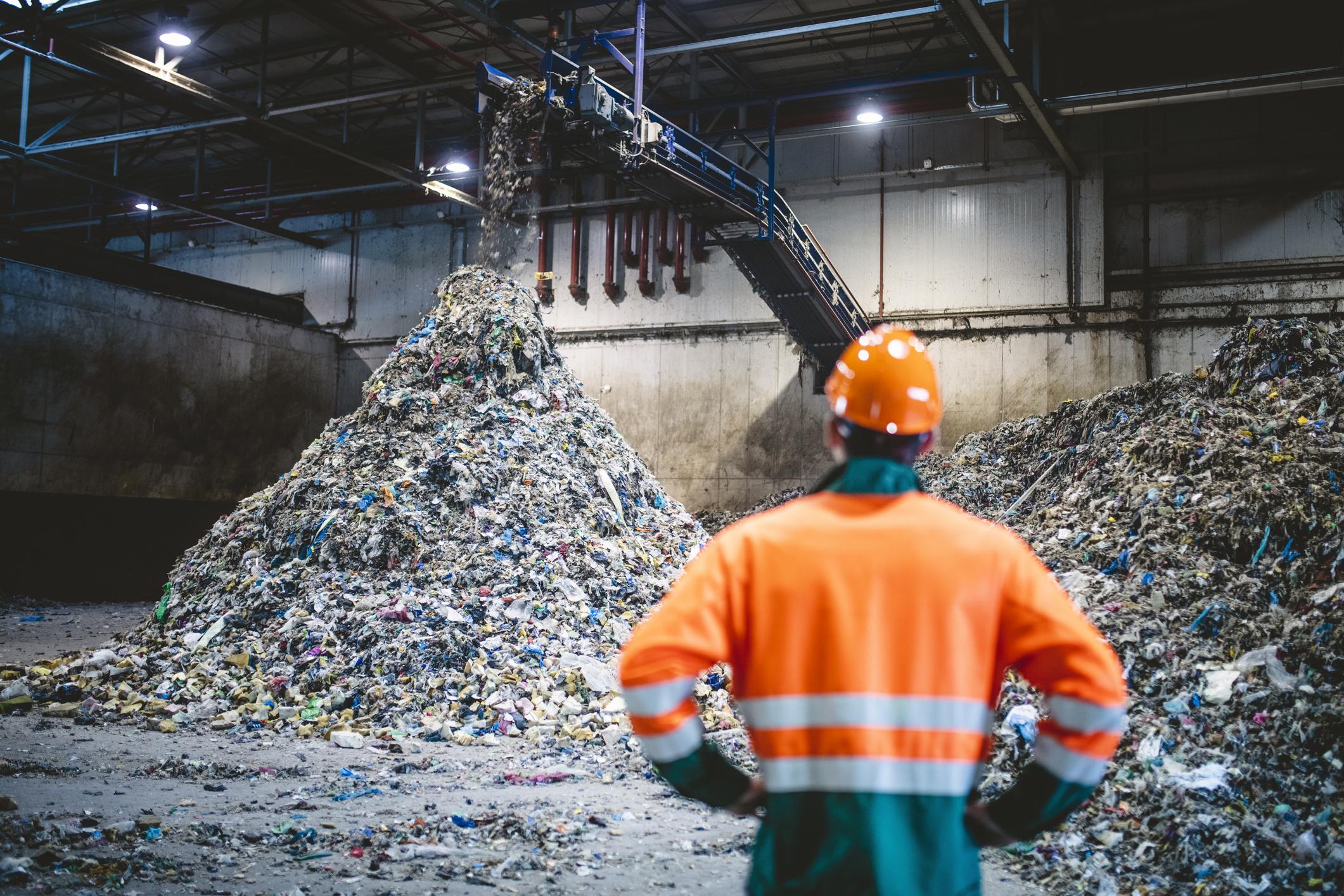
The importance of processing waste locally in this way cannot be overstated. Proximity to our partners allows us to be very agile and work together effectively on innovation. One example is the technical adaptations that were needed in sorting centres to allow sorting of drinks capsules. At the same time, this provides long-term stability and continuity in the sometimes volatile international recycling markets. This allows us to guarantee that our materials are always processed in the most sustainable way possible - even when market conditions are less than ideal.
